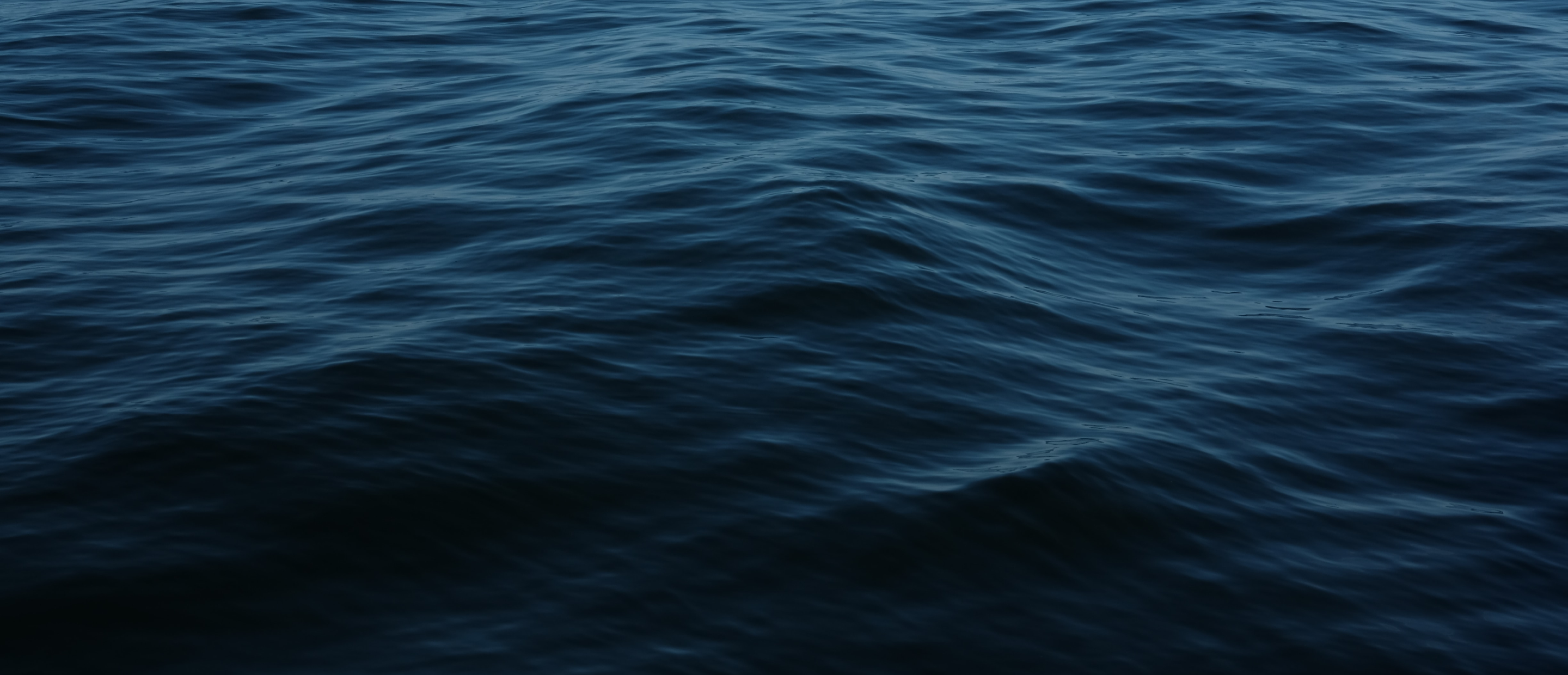Ocean Job Board

We created the Ocean Job Board to facilitate access to job postings in the marine community.
The board links directly to the career pages of ocean organizations and updates when jobs are posted or taken down. It's free to use, and all applications go directly to the hiring organization.
Please also check out the ocean job boards run by these organizations: Seven Seas Media, Ocean Careers, WiseOceans, American Fisheries Society, Marine Conservation Institute, Nature Tech and ClimateBase.
Posting a job is free. To add or remove your organization or ask a question, please email us at jobboard@schmidtmarine.org.

World Fish
About WorldFish
"WorldFish is a leading international research organization working to transform aquatic food systems to reduce hunger, malnutrition, and poverty. It collaborates with international, regional, and national partners to co-develop and deliver scientific innovations evidence for policy and knowledge to enable equitable and inclusive impact for millions who depend on fish for theri livelihoods, as a member of CGIAR, WorldFish contributes to building a food- and nutrition-secure future and restoring natural resources. Headquartered in Penang, Malaysia, with country offices across Africa, Asia, and the Pacific, WorldFish strives to create resilient and inclusive food systems for shared prosperity. For more information, visit: www.worldfishcenter.org"
Introduction
WorldFish is implementing Feed the Future Burma Fish for Livelihoods Project(2019-2027), an investment by the United States Agency for International Development (USAID) to sustain positive aquaculture sector growth through an inclusive market systems approach. The activity will provide a means of ensuring the improved availability of diverse, safe, affordable nutrient-rich foods, especially for women and young children from poor and vulnerable households.
The project stimulates aquaculture sector growth, increases employment and income, and improve food and nutrition security for households. It serves a facilitating role by coordinating linkages among the value chain actors in the private and civil society sector of Myanmar.
Development Goal and Project Objectives
Inclusive and sustainable small-scale aquaculture growth to increase income and dietary diversity, and reduce poverty of beneficiary populations, especially women and children, in central and northern Myanmar[1]. The specific objectives are:
Background and Objectives of the Call for Proposal
In Myanmar diet, fish and aquatic foods (fresh and processed) comprise a major portion of the animal sourced food.[2] However, it is reported that fish post-harvest practices do not adhere to food safety standard that poses health risk to consumers.[3]
For instance, the use of ice during storage, transport and display of fish is rarely observed which affects the quality of fish leading to loss and waste, subsequently, reducing the income of market actors. In addition, a report conducted by WorldFish found that ice plant and resellers do not comply to good manufacturing practices (GMP) which affects the quality of ice that were available for use among market actors and consumers in the area.
To address the issue, the project aims to conduct training on basic GMP among ice plant and ice resellers to ensure good quality ice are produced and sold in the areas ensuring safe and good quality fish are available for the local consumers.
To conduct the activity, the project is seeking a qualified local expert trainer in the above topic. It is expected that trainer/s have a wide experience in conducting participatory training integrated with demonstration on methods that can support in changing behaviors/practices on basic standards for ice manufacturing and hygiene standards noting applicability at the village and township levels in Myanmar.
Scope of Consultancy
The scope of this consultancy is to
Deliverables
Expenses
The consultant/s can propose the fee with details and budget breakdown.
[1] Magway, Mandalay, Sagaing, Kachin, Eastern Shan and Southern Shan
[2] So-Jung et al. 2018. Determine the role of wild-caught and aquaculture-based inland fisheries in meeting Burma’s nutritional needs. Research Project Investigations: Human Nutrition and Human Health Impacts of Aquaculture. Michigan: Michigan State University. https://quafishcrsp.oregonstate.edu/sites/aquafishcrsp.oregonstate.edu/files/16hhi05ms_fir_tr16-18.pdf.
[3] Food and Agriculture of the United Nations, Ministry of Agriculture, Livestock and Irrigation and Livelihood and Food
Security Trust Fund. 2016. Post-Harvest and Agro-Industry. Yangon. http://www.fao.org/3/a-bl837e.pdf>